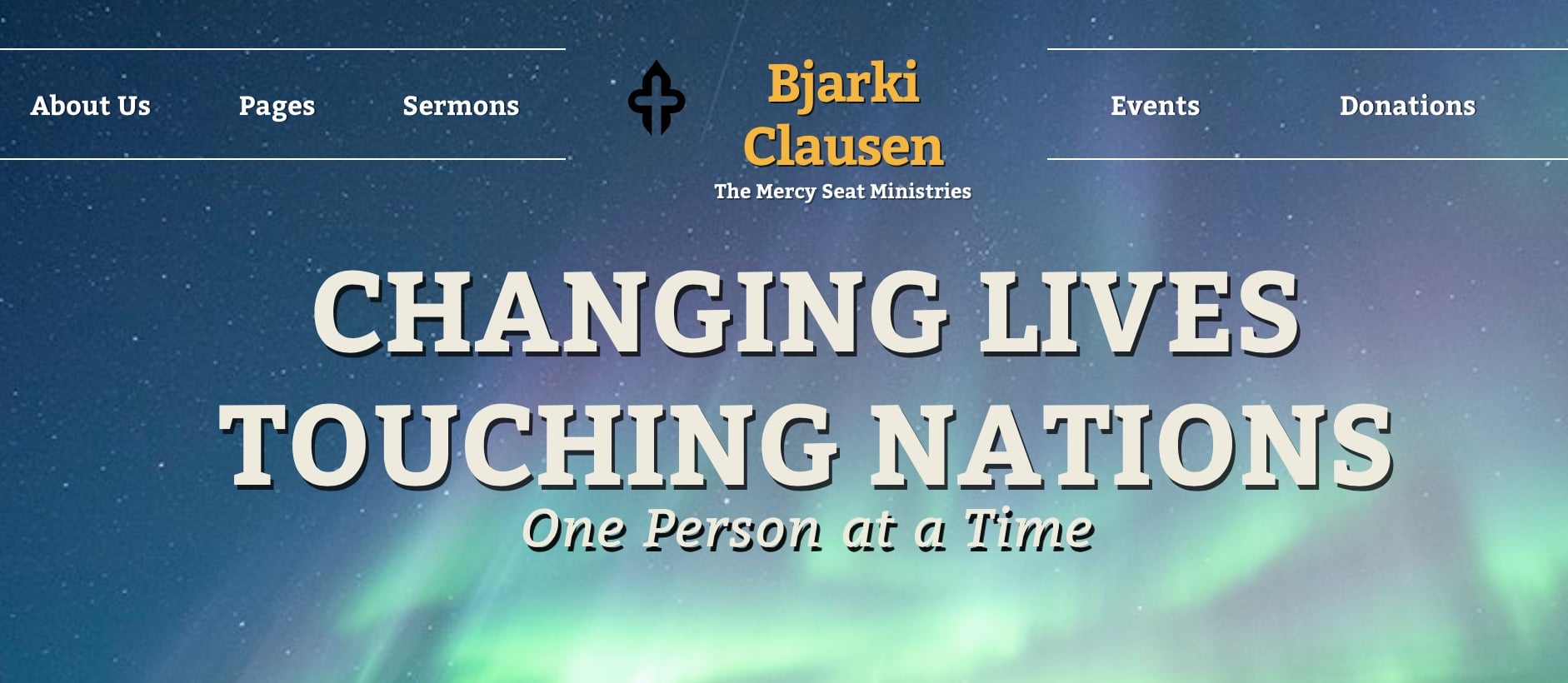

My father was as broken as the next guy, but he was also the man who taught me to read and taught me to sit out on the porch with a hot cup of tea, waiting for the UFOs to arrive. We eventually get on with the daily business of living, even thrive again, but we never stop wanting the conversation, the cleverness, or the counsel of the person missing from the room. We also don't ever stop missing someone who was that beloved to us. We don't know, until it actually happens to us, that we don't ever truly heal from that level of heartbreak. My dad passed away on this day, four years ago, and, in the moment that I received the news in a phone call, I felt a piece of my heart shatter off from the whole, and I am wise enough now to know that it will never heal. It's cold and gray, where I am this morning, and it also happens to be the anniversary of my father's death. Her recent collections include An Atlas of the Difficult World (1991) and Dark Fields of the Republic: Poems 1991–1995 (1995).


In addition to her poetry, Rich has published many essays on poetry, feminism, motherhood, and lesbianism. In Diving into the Wreck (1973) and The Dream of a Common Language (1978), she continued to experiment with form and to deal with the experiences and aspirations of women from a feminist perspective. In the 1960s, however, Rich began a dramatic shift away from her earlier mode as she took up political and feminist themes and stylistic experimentation in such works as Snapshots of a Daughter-in-Law (1963), The Necessities of Life (1966), Leaflets (1969), and The Will to Change (1971). Auden for the Yale Series of Younger Poets Award, and her next, The Diamond Cutters and Other Poems (1955), earned her a reputation as an elegant, controlled stylist.

She graduated Phi Beta Kappa from Radcliffe college in 1951, the same year of her first book of poems, A Change of World. Works, notably Diving into the Wreck (1973), of American poet and essayist Adrienne Rich champion such causes as pacifism, feminism, and civil rights for gays and lesbians.Ī mother bore Adrienne Cecile Rich, a feminist, to a middle-class family with parents, who educated her until she entered public school in the fourth grade.


 0 kommentar(er)
0 kommentar(er)
